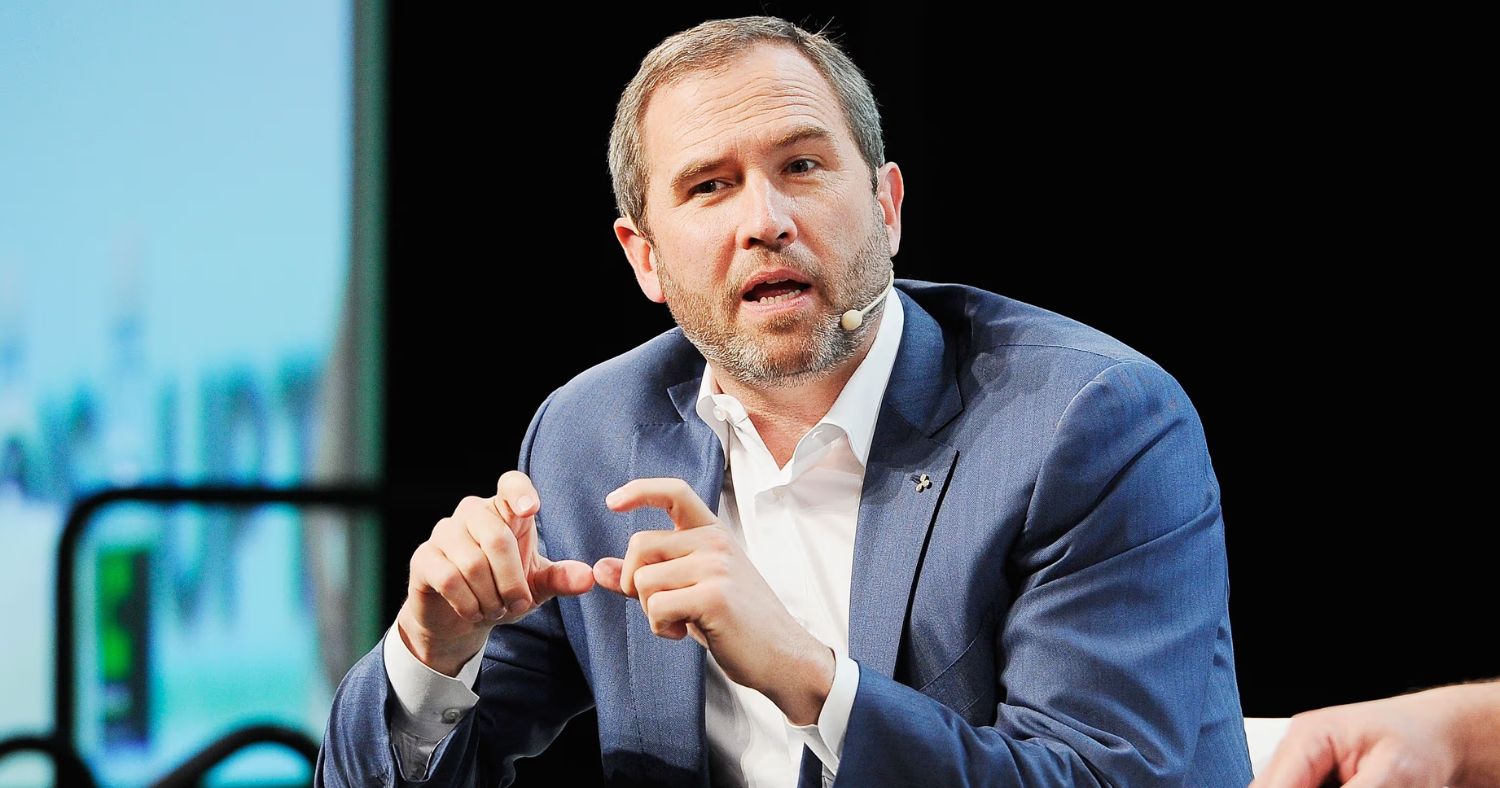In a critical alert for the cryptocurrency community, Ripple CEO Brad Garlinghouse has issued a stark warning regarding a significant increase in XRP-related scams proliferating across YouTube. This surge in fraudulent activity appears to coincide directly with the token’s recent, highly publicized price rally, drawing concern from industry leaders.
These sophisticated scams often involve bad actors hijacking existing YouTube channels or creating new ones to impersonate prominent Ripple executives, including Garlinghouse himself. A disturbing new element is the pervasive use of artificial intelligence (AI) to generate deepfake audio and video, making these impersonations frighteningly authentic. The primary modus operandi involves orchestrating fake “XRP giveaways,” luring unsuspecting holders with promises of exaggerated returns if they first send a small amount of XRP to a specified wallet. This deceptive tactic, however, invariably leads to victims’ funds being stolen.
“We will keep reporting these – please do the same,” Garlinghouse urged, emphasizing collective action. He reiterated a timeless caution: “As always, if it sounds too good to be true, it probably is.” This serves as a vital reminder for investors to exercise extreme vigilance and skepticism when encountering such offers.
Like clockwork, with success and market rallies, scammers ramp up their attacks on the crypto community — PLEASE BEWARE of the latest scam targeting the XRP family on @YouTube and impersonating @Ripple’s official account! We will keep reporting these – please do the same.
— Brad Garlinghouse (@bgarlinghouse) July 23, 2025
As… https://t.co/WodO4ZUyW9
The current situation echoes past challenges, although with a heightened level of sophistication due to AI. Ripple previously took legal action against YouTube in 2020 over the platform’s perceived reluctance to adequately address the proliferation of cryptocurrency scams, particularly “XRP giveaway” videos. While Ripple eventually dropped the lawsuit in 2021, the company has consistently voiced its concerns about the pervasive nature of crypto fraud. The advent of AI has only amplified the threat, enabling scammers to create more convincing and insidious schemes that exploit trust and the allure of quick gains in a volatile market. As the digital asset landscape continues to evolve, the responsibility of platforms to safeguard users and the imperative for individual investors to remain educated and cautious become ever more critical.




